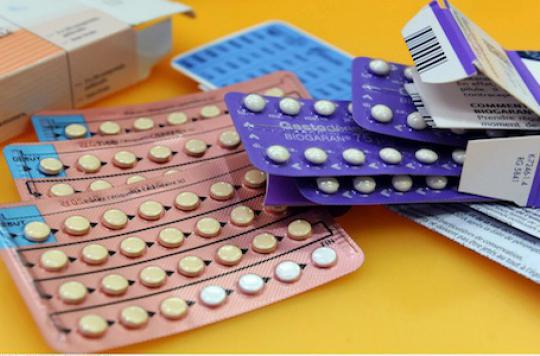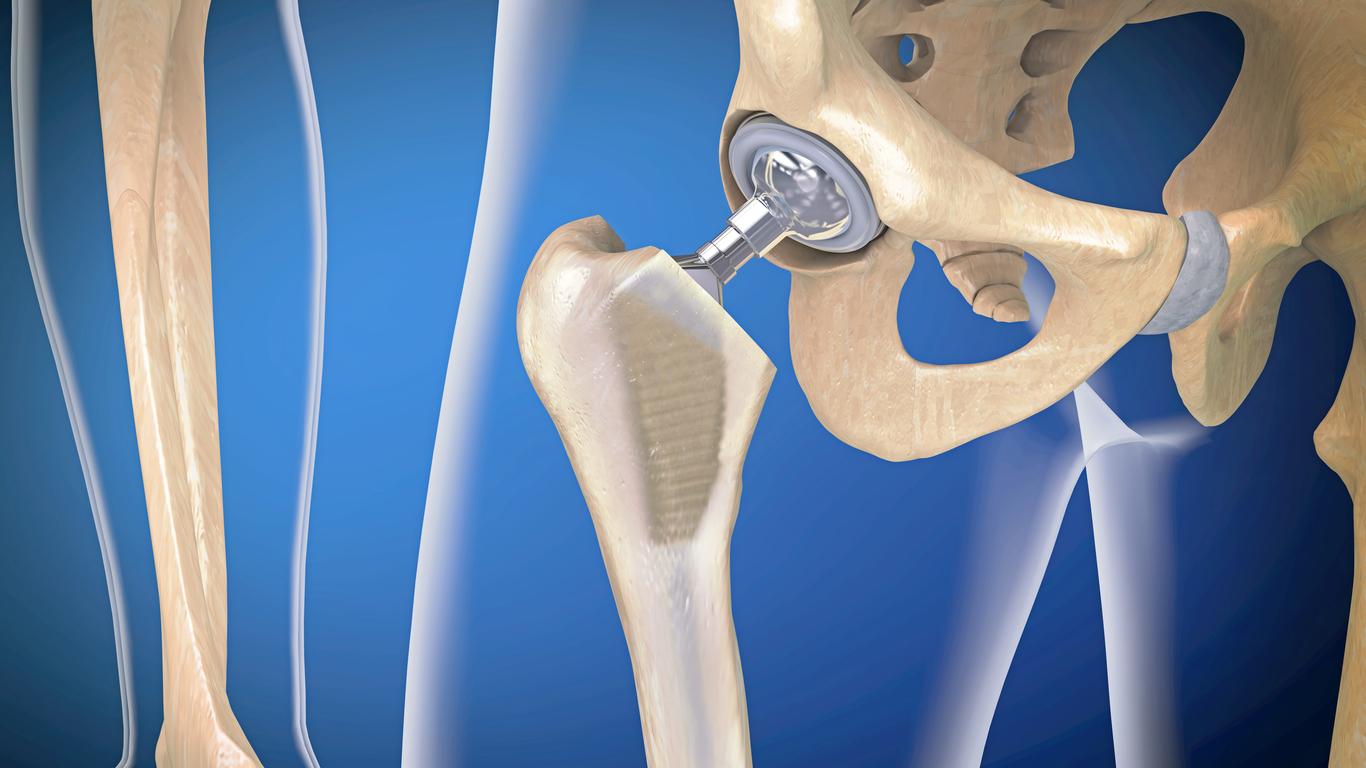As early as 2007, the High Authority for Health recommended not to prescribe the 3rd generation pill as first intention. The chronology of events shows that politicians have remained deaf to successive alerts.

A short month for a great upheaval. On December 14, Marion Larat lodged a complaint against a laboratory that manufactures 3rd generation pills; on January 11, 2013, Marsiol Touraine approached the European Medicines Agency for the prescription of these oral contraceptives to be restricted. A short month that blew a wave of panic among users, aroused the anger of doctors and reminded us that our health system is, after the Mediator affair, still recovering. The crisis caused by the pills of the new generation also showed that the meditation runaway was accompanied by a precipitation of the political decision. Thus, we have heard contradictory statements, seen health agencies with poorly defined respective missions and noted that doctors too often strayed from the opinions or references of the same agencies.
But unlike the Mediator case, which highlighted the flaws and weaknesses in surveillance, alert and pharmacovigilance systems, the history of contraceptive pills has highlighted the failings of the policy. The chronology established below confirms that the alerts had been given on several occasions and that from 2007. The High Authority of Health then proposed not to prescribe the 3rd generation pills in first intention. It took five years and a cleverly publicized complaint by a lawyer for the government to look into this issue. Everything happens as if we had not learned all the lessons from the Mediator. In the interview he gave us, Professor Bernard Bégaud, professor of pharmacovigilance, did not say anything else when he said that “the next drug crisis is already foreseeable ”.
October 10, 2007
The data collected within the transparency committee of the Haute Autorité de Santé “confirm that 3rd generation oral contraceptives are associated with an increase in the occurrence of venous thromboembolic accidents compared to oral contraceptives of 2e generation ”. According to experts, 3rd generation oral contraceptives cannot be recommended to new first-line users ”.
November 14, 2011
The National Medicines Safety Agency (Ansm) takes note of the results of a study published in the British Medical Journal (BMJ) on October 26, 2011. “They show that the risk of venous thrombosis in women using so-called oral contraceptives generation (containing desogestrel or gestodene) or fourth generation (containing drospirenone) is 2 times higher than with so-called second generation oral contraceptives (containing levonorgestrel), indicates the Agency in a point of ‘information. “The information relating to the risks is developed in the“ special warnings and special precautions for use ”section of the summaries of product characteristics intended for healthcare professionals and in the leaflets intended for users, specifies the Ansm.
June 2012
The transparency commission of the Haute Autorité de Santé is issuing a new opinion. “The new data available no longer even allow third-generation oral contraceptives to be placed as second-line.” The actual benefit of these contraceptives has been downgraded from significant “to“ insufficient. ”More dangerous, providing nothing, they no longer deserve to be reimbursed.
September 19, 2012
The Minister of Health announces the delisting of 3rd generation pills from September 30, 2013.
1er october 2012
The Ansm states in an information point that “the benefit / risk ratio of combined oral contraceptives remains positive whatever their composition, provided that the contraindications and precautions for use are respected. Nevertheless, in order to minimize the risk of thrombosis linked to combined oral contraceptives, whether venous or arterial, the benefit / risk ratio must be evaluated for each patient ”. The Ansm “recommends giving preference to the prescription” of “first generation or second generation” pills.
November 2012
The High Authority for Health issues an opinion in which it states that “no study has shown” that the pills of 3e generation “provided an additional benefit compared to the 1e and 2e generation on adverse effects such as acne, weight gain, nausea, mastodynia, dysmenorrhea, amenorrrhea and menometrorrhagia ”.
“Because of their lower risk of venous thromboembolism for comparable efficacy, the HAS considers that 1st or 2nd generation oral contraceptives should be preferred to those of 3rd generation”.
December 14, 2012
Marion Larat, accuses the third generation pill Meliane, manufactured by Ge Bayer, of having caused her stroke. She files a complaint for “unintentional attack on the integrity of the human person” against the director general of the laboratory, with the prosecutor of Bobigny (Seine-Saint-Denis). This complaint also targets the director general of the National Medicines Safety Agency (ANSM), who did not request the withdrawal of this pill from the market, “in manifestly willful violation of the precautionary principle”.
December 21, 2012
The National Medicines Safety Agency launches caution from doctors and midwives regarding combined oral contraceptives (COCs) and risk of venous thrombosis. The Ansm asks prescribers to favor 2 pillse generation, to inform women of the risk of thrombosis, to carry out clinical monitoring to monitor tolerance to the prescribed contraceptive treatment.
December 29, 2012
The lawyer for Marion Larat, the first woman to file a complaint, says thirty other people are preparing to sue for similar reasons.
January 2, 2013
The Ministry of Health announces that the non-reimbursement of the 3rd generation pills would occur on March 31, 2013 and not on September 30, 2013 as it had initially mentioned.
3 January 13
The National College of Gynecologists (Cngof) recalls that the recommendation for the prescription of a second-generation pill in first intention is justified.
Regarding new generation pills, the Cngof confirms that “the individual risk of thrombosis is screened according to the personal and family history of the patient and the consideration of individual risk factors”. According to the College, it is advisable to be very rigorous on this plan before any prescription of estrogen-progestogen contraception.
January 4, 2012
At the request of the Minister of Health, the Ansm is launching a series of consultations and meetings with health professionals to review the prescription conditions for 3 pills.e and 4e generations.
January 5, 2013
Regarding new generation pills, Dominique Maraninchi told Le Monde that a “restriction of prescription to specialists (…) is not desirable”. However, a week before, the director of the Ansm had himself considered this hypothesis and caused waves of protest in the medical ranks.
Jan. 9, 2013
The Federation of Doctors of France announces that it is turning against the National Medicines Safety Agency (ANSM) about 3rd generation pills. “The object of this complaint is to obtain the withdrawal of marketing authorization (AMM) for these pills,” said the union.
January 11, 2013
Marisol Touraine seizes the European Medicines Agency (EMA) for the marketing authorizations (AMM) of contraceptive pills of 3th and 4th generations are changed: the objective is that these pills are no longer prescribed to women as first-line treatment.
January 11, 2013
The European Medicines Agency states that there is currently no new evidence “indicating a change in the safety of these new generation pills. While it recognizes that” these contraceptives carry risks “, the EMA nevertheless believes “that there is no reason for a woman to stop using contraception.”
.
















